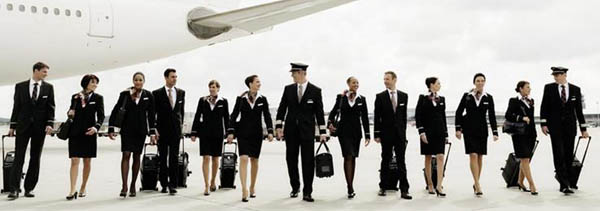
Diploma in Air Cabin Crew and Airport Ground Handling
Description
Aviation, one of the most exciting profession in the world, requires the most talented and energetic staffs. In addition to punctuality, service quality levels also have to be met by those people. The staffs who working in an airport may remain unseen by most passengers, belong to what is known as ground handling; have got great impact on the success of each airline. Ground handling is an integral part of airline operations. Starting from the staffs at check-in counter to the staffs who putting their hands on aircrafts for its maintenance comes under this advanced trained people. By means of its Airport Handling Manual (AHM), the International Air Transport Association (IATA) sets a series of standards for secure, efficient airport operations. We here at FlyAir Aviation academy is regularly monitoring and empowering ourself to reach at that International standards. We have no compromise on the quality and standards assured for our courses. We are enabling our students to reach at the highest value of studies in aviation by giving the exposure to the wide range of scope of different job profiles in an airport.Our advanced syllabus of ground handling will provide the best results in overall performance and help them to grab the best in the field of their dream job.



















